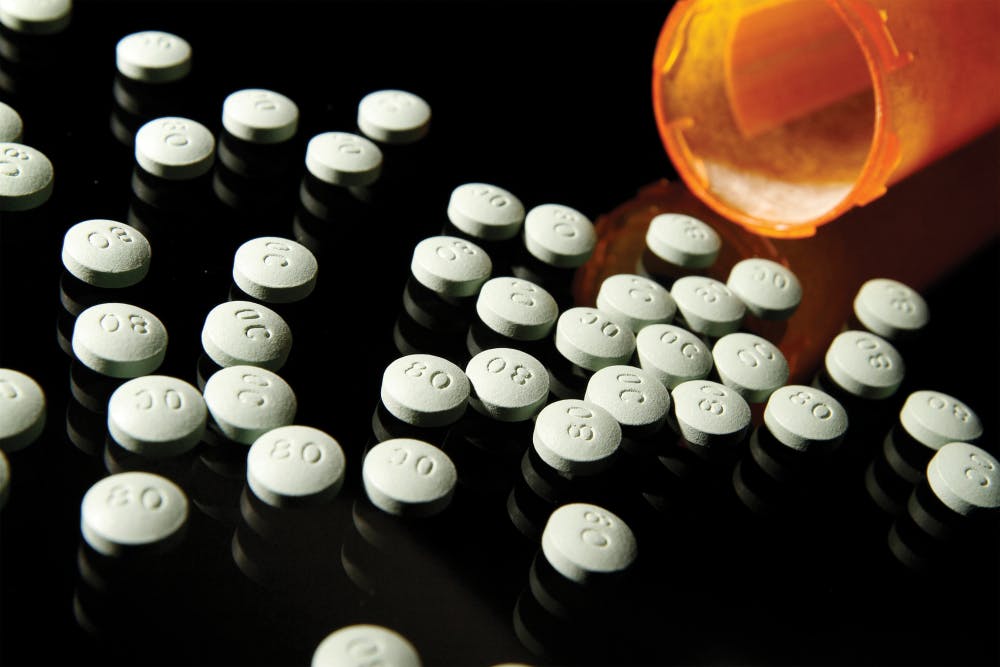With the opioid epidemic being a topic of discussion in local, state and national politics, one Ball State professor suggests using a workplace-based alternative.
Jagdish Khubchandani, associate professor of health science, found Peer Supported Vocational Networks (PVNs) could be a new way to help drug users in recovery.
PVNs are created by employers who have also been in recovery from drugs for many years, Khubchandani said.
These employers provide opportunities to newly recovering addicts by first giving them small responsibilities at their businesses. The longer the individual is in recovery, the larger the responsibilities for the employee, he said.
PVNs also manage all of the recovering addicts’ finances, Khubchandani said, so they do not have the opportunity to buy drugs and relapse.
“It’s like a social support system tied in with employment opportunities,” he said.
PVNs proved individuals involved were successful at staying abstinent from drugs, Khubchandani said.
According to an article published in the International Journal of Psychosocial Rehabilitation, an individual in a PVN program stayed sober for an average of 19 months compared to an average of five months for an individual not in a PVN program.
“Only the community can find solutions,” Khubchandani said. “We cannot depend on the state and federal agencies to do something for us.”
The PVNs observed were in Iran, but Khubchandani believes these programs would also be beneficial in Muncie to find solutions on how to deal with local drug problems.
In 2017, Delaware County received 816 overdose 911 calls, according to the Delaware County Prevention Council, with 81 of those calls ending in a drug overdose death.
One of the current options for recovering addicts in Indiana is Meridian Health Services, a facility that offers both residential and outpatient services to roughly two-thirds of the state.
Anthony Lathery, Meridian Health Services’ division director for Adult and Addiction Services, said Meridian Health Service offers programs ranging from a 21- to 28-day clinical residency to a life-skill program where individuals are taught how to perform life tasks and deal with everyday stressors.
The facility is aware that in most cases the concepts of recovery do not stick, so they also welcome back returning patients, Lathery said.
“A lot of times people will see success on the second or third time,” he said. “Recovery does not take place in 21 to 28 days. It is a lifelong disease that has to be managed.”
Meridian Health Services’ programs are usually covered by most private, commercial and state Medicaid plans.
“In general, the ability to pay is not a criteria for admission,” Lathery said.
While Lathery said PVNs are an interesting concept, they may be hard to implement due to the way society views addiction today.
“I don’t see that happening right now because of the stigma currently in our nation regarding addiction,” Lathery said. “It is not treated like a chronic medical condition.”
Contact Kelli Ross with comments at kaross3@bsu.edu.





